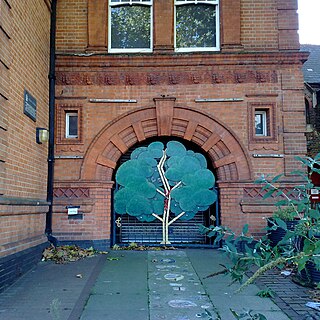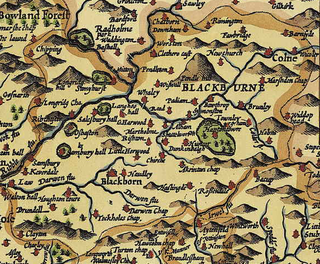
Blackburn Hundred is a historic sub-division of the county of Lancashire, in northern England. Its chief town was Blackburn, in the northwest of the hundred. It covered an area similar to modern East Lancashire, including the current districts of Ribble Valley, Pendle, Burnley, Rossendale, Hyndburn, Blackburn with Darwen, and South Ribble.
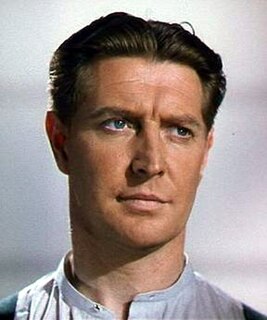
Roger Livesey was a Welsh stage and film actor. He is most often remembered for the three Powell & Pressburger films in which he starred: The Life and Death of Colonel Blimp, I Know Where I'm Going! and A Matter of Life and Death. Tall and broad with a mop of chestnut hair, Livesey used his highly distinctive husky voice, gentle manner and athletic physique to create many notable roles in his theatre and film work.
Dorothy Kathleen May Livesay, was a Canadian poet who twice won the Governor General's Award in the 1940s, and was "senior woman writer in Canada" during the 1970s and 1980s.

Baumber is a village and civil parish in the East Lindsey district of Lincolnshire, England. It is situated approximately 4 miles (6 km) north-west from Horncastle, and at the junction of the B1225 and the A158 roads.

Feniscowles is a village in the unitary authority of Blackburn with Darwen, Lancashire, England. It is situated approximately 3 miles (4.8 km) west of Blackburn. Part of the village is in the civil parish
The Dorothy Livesay Poetry Prize, established in 1986, is awarded annually to the best collection of poetry by a resident of British Columbia, Canada.
Dr. David Livesey is a fictional character in the novel Treasure Island by Robert Louis Stevenson. As well as doctor, he is a magistrate, an important man in the rural society of southwest England, where the story opens; his social position is marked by his always wearing a white wig—even in the harsh conditions of the island on which the adventure takes place.
Squire John Trelawney is a supporting character from Robert Louis Stevenson's novel Treasure Island.

Great Sturton is a hamlet and civil parish in the East Lindsey district of Lincolnshire, England. It is situated approximately 7 miles (11 km) from the market town of Horncastle.
Augustus Frederick Livesay, known professionally as A. F. Livesay, was an architect based in Portsmouth and the Isle of Wight, England.
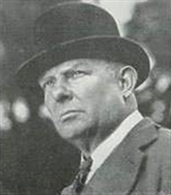
Samuel Livesey was a Welsh stage and film actor.
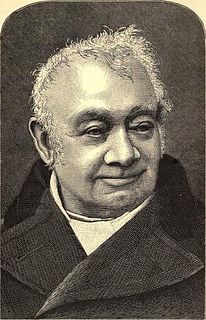
Joseph William Livesey was an English temperance campaigner, social reformer, local politician, writer, publisher, newspaper proprietor and philanthropist.
Robert O'Hara Livesay was a British Army officer and English sportsman who played international rugby union for England and first-class cricket.

The Livesey Hall War Memorial commemorates the fallen of World War I and World War II who had been employed by the South Suburban Gas Company of London. It is also a tribute to those employees who served in the wars. The monument was designed and executed by British sculptor Sydney March, of the March family of artists.

Warne Livesey is an award winning British music producer, mixing engineer, songwriter and musician. He is best known for his production work with Midnight Oil, The The, Matthew Good Band and Deacon Blue.
Livesey is a civil parish in Blackburn with Darwen, Lancashire, England. It contains seven buildings that are recorded in the National Heritage List for England as designated listed buildings, all of which are listed at Grade II. This grade is the lowest of the three gradings given to listed buildings and is applied to "buildings of national importance and special interest". Originally a rural area, the two oldest listed buildings were farmhouses. The Leeds and Liverpool Canal was built through the parish and, associated with this, are a listed bridge and an aqueduct. The parish, which includes the village of Feniscowles and the district of Cherry Tree, later became partly absorbed by the growing population of Blackburn. The listed buildings not noted above are a house, later used as offices, a church, and a vicarage.
The Marriage Lines is a 1921 British silent drama film directed by Wilfred Noy and starring Barbara Hoffe, Lewis Dayton and Sam Livesey.
This page is based on this
Wikipedia article Text is available under the
CC BY-SA 4.0 license; additional terms may apply.
Images, videos and audio are available under their respective licenses.

